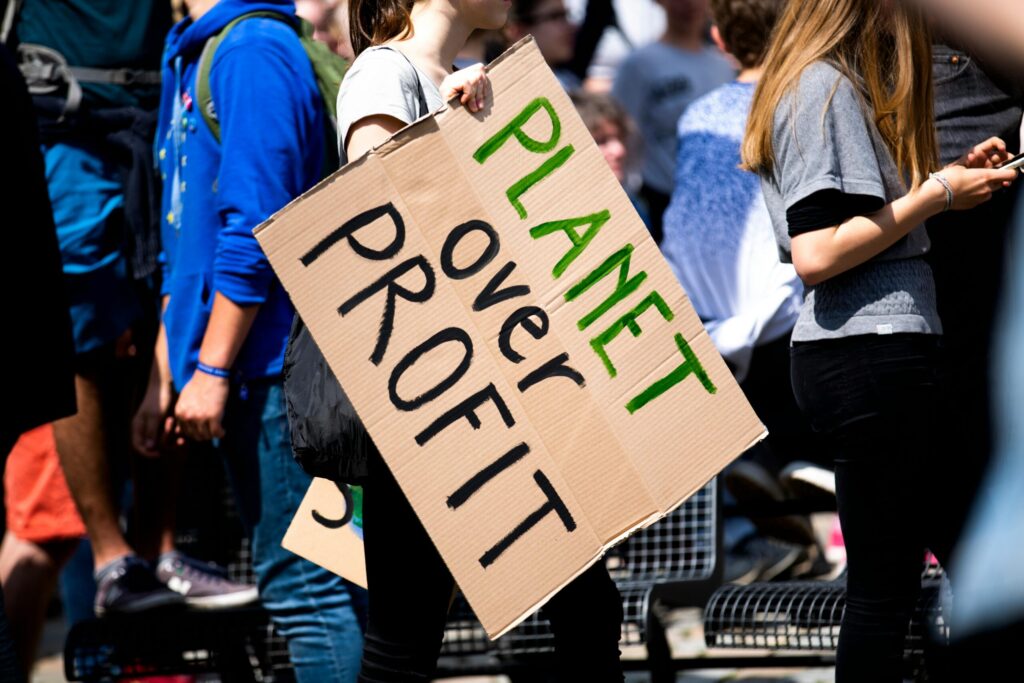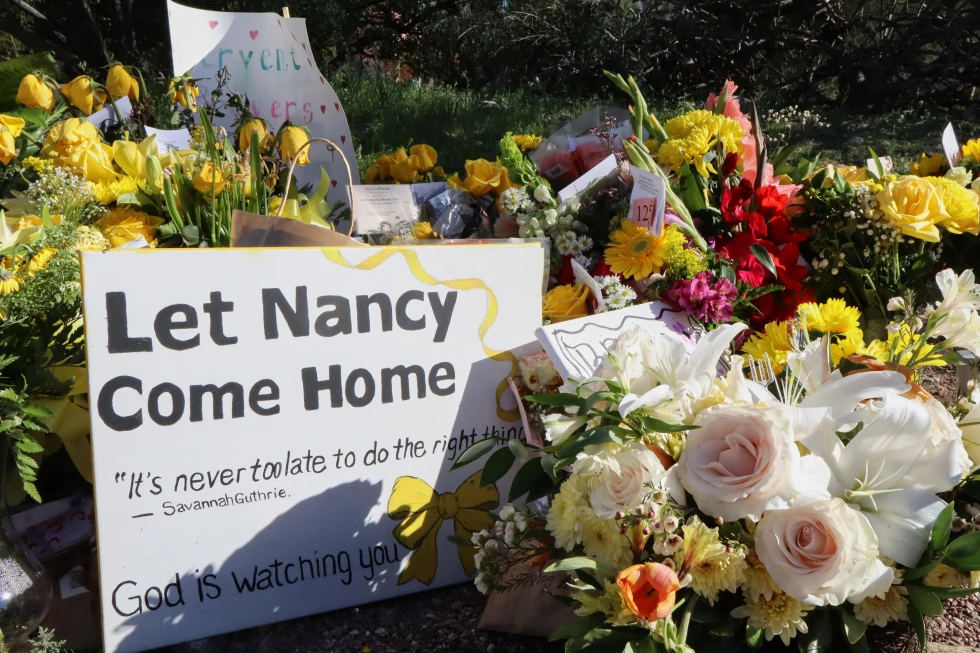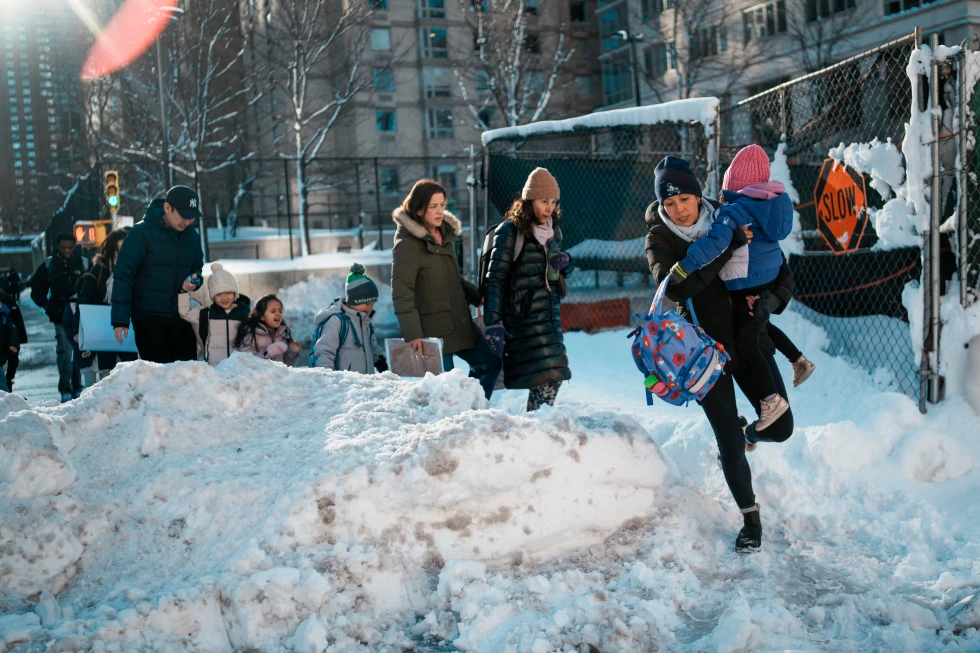Global Climate Talks Falter as Environmental Crises Deepen, Experts Warn

The world’s coordinated response to environmental crises is faltering under the weight of broken multilateral negotiations, geopolitical rivalries, and fossil fuel influence — with recent United Nations-sponsored talks on climate, biodiversity, plastics, and desertification yielding minimal progress, according to dozens of experts interviewed by the Associated Press.
Over the past several months, high-profile summits have fallen short or failed outright, prompting renewed criticism from climate advocates and policymakers. The recurring inability to secure meaningful, unified action has reignited warnings that the international system built to protect the planet is no longer fit for purpose.
“If you’re not feeling some kind of grief about what’s going on, you’re obviously not understanding what’s going on,” said Alden Meyer, a senior analyst at E3G, a European climate think tank, who described the current trajectory as “humanity collectively failing as a species.”
A System Under Strain
In interviews with over 20 international experts, many concluded that multilateral environmentalism — the system of global cooperation built around consensus — is showing signs of collapse. A cumbersome decision-making process, rising geopolitical tensions, and aggressive fossil fuel lobbying have stalled or diluted efforts to address pressing global threats.
Recent failures include:
-
The Biodiversity COP in Cali, Colombia, which ended without a major agreement beyond recognizing the role of Indigenous peoples.
-
The COP29 Climate Summit in Baku, Azerbaijan, which met its formal financing goals but left developing nations disillusioned by the scale of support offered.
-
The plastics pollution summit in Busan, South Korea, where no binding commitments emerged.
-
The desertification conference in Riyadh, which failed to establish new solutions to combat worsening drought conditions.
“We are still failing,” said Johan Rockström, director of the Potsdam Institute for Climate Impact Research. “We’re not addressing the scale or urgency of the crises.”
Consensus: A Flawed Foundation
One of the core structural problems is the consensus rule underpinning these negotiations. Initially pushed by fossil fuel-producing nations in the early 1990s, the requirement that all participating countries agree on language and action has become a powerful tool of obstruction.
“Consensus means we move at the pace of the slowest,” said Mohamed Adow, director of PowerShift Africa. Climate historian Joanna Depledge of Cambridge University noted that fossil fuel interests used the consensus model to weaken negotiations from the outset.
Calls are growing to adopt supermajority voting mechanisms at COP summits to allow progress despite objections from a few nations. Former U.S. Vice President Al Gore, who has become one of the fiercest critics of the status quo, was blunt: “We can’t keep doing the same thing over and over and expecting a different result.”
For nearly three decades, international climate agreements avoided directly naming fossil fuels as the primary driver of global warming. It wasn’t until the Dubai COP in 2023 that language calling for a transition away from fossil fuels was finally included—after bitter resistance.
Fractured Global Power, Fragmented Action
Experts say the breakdown in cooperation is partly due to today’s fragmented geopolitical landscape. Unlike the 1980s, when two superpowers could often broker global agreements, today’s multipolar world is dominated by fragmented interests and nationalism.
Still, progress is being made outside the UN halls. National governments, businesses, and civil society groups continue to implement climate measures independently of global talks.
“There’s enormous progress when you look at the long arc,” said Jonathan Pershing, former U.S. climate negotiator and now a director at the Hewlett Foundation.
UN Climate Secretary Simon Stiell also emphasized the stakes: “Without U.N.-convened global cooperation, we would be headed for up to 5°C of warming — a death sentence for most of humanity.”
Searching for New Paths Forward
Some nations and leaders are now exploring alternate models. From “climate clubs” — regional or issue-based alliances — to legal action, environmental advocates are pursuing parallel strategies.
Lawyers worldwide have launched over 140 climate lawsuits, and a case currently before the International Court of Justice could set a new precedent. “We need to find alternative pathways,” said Harjeet Singh of the Fossil Fuel Non-Proliferation Treaty initiative.
Former UN climate chief Christiana Figueres, who helped broker the 2015 Paris Agreement, lamented the toxic mindset now dominating negotiations: “We’ve lost track of the collective spirit. We’re entering as if we were gladiators in a colosseum — and that mindset is not productive.”
Still, many in the climate movement refuse to lose hope.
“To be hopeless is to give up on the lives of people today,” said Filipino activist Mitzi Jonelle Tan. “To give up is to give up life.”
By Staff Writer, Courtesy of Forbes | June 2025 | Edited for WTFwire.com
Source: APNews
: 241







